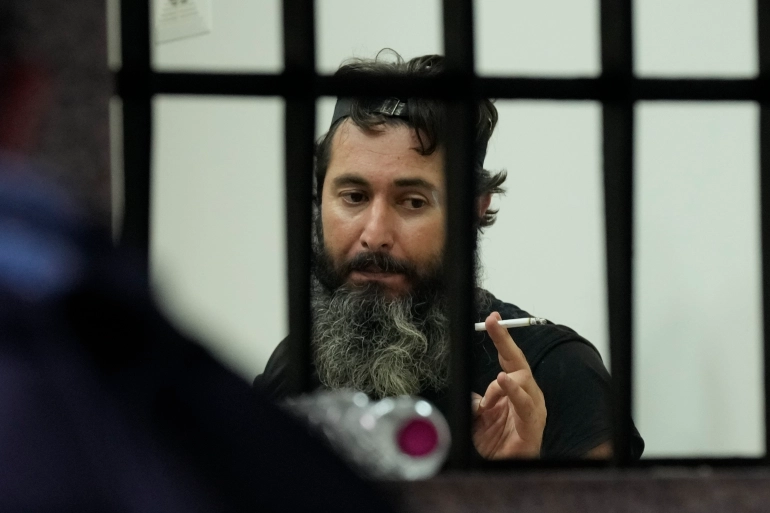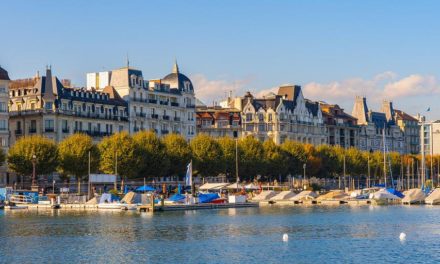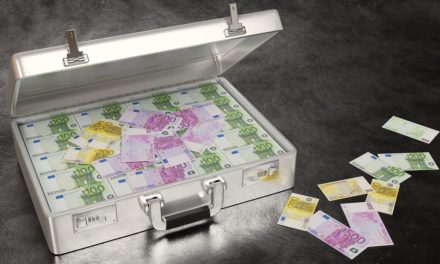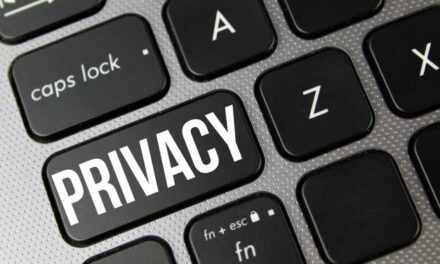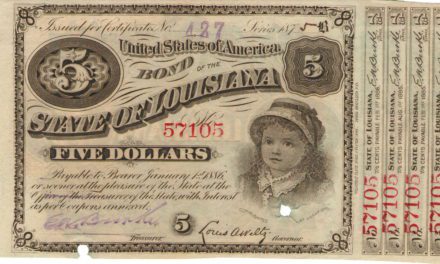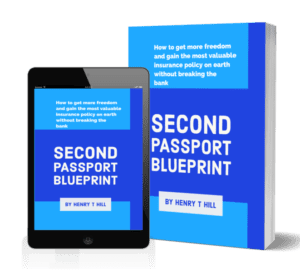This Man Held Bank Employees Hostage at Gunpoint to Get His Own Money Back
Bassam al-Sheikh Hussein had his bank accounts frozen by his bank in Beirut. On Thursday, 11th August, he walked into Federal Bank in Beirut with a shotgun and a can of gas. He threatened to set himself on fire if he couldn’t withdraw his $200,000 in savings.
Banks in Beirut have frozen all foreign currency accounts since 2019 when the country entered a severe economic crisis. The local currency has lost 90% of its value since then.
Hussein held bank employees and customers hostage to get his savings. The standoff lasted for 7 hours while he negotiated with bank and government officials. Meanwhile, a crowd gathered outside the bank to support the hostage taker. They shouted ‘down with the rule of the banks.
Hussein eventually gave himself up peacefully after accepting an offer from the bank to be allowed access to $30,000 of his own money.
This is not the first time this has happened in Lebanon in recent months. In January a coffee shop owner managed to withdraw $50,000 of his own money after holding bank staff hostage.
Think You Could Never Have Your Bank Accounts Frozen?
Not so fast! Hundreds of people have bank accounts frozen every day in countries around the world. Accounts can be frozen because of a court order. They can be frozen at the start of a government investigation. People have had bank accounts frozen for years. Even when investigations come up with nothing. Freezing bank accounts is a strategy in commercial litigation. It’s also a strategy for the government. It often means that people who have bank accounts frozen will settle cases more quickly just to have their accounts unfrozen.
With the worsening economic issues and continual money printing by central banks around the world, many countries could end up like Lebanon. It’s happened over and over again in dozens of countries around the world. Who says that there could never be account restrictions in large, developed countries? Even large, developed countries like the UK had exchange controls. For 40 years, government permission was needed to exchange pounds for foreign currency. These exchange controls that were introduced in 1939 only ended in 1979.
Don’t Keep All Your Assets in One Country
So, how can you avoid having bank accounts frozen? In a word, diversification. Don’t trust one bank in one country with all your money. It’s important to have bank accounts spread across several jurisdictions around the world. That way, if something goes wrong in one country, you can still call on your funds in another country.
Keep at least 25% of Your Assets Outside the Banking System
This ratio will be different for everyone. I have clients that will keep no more than three months of expenses in the banking system. They don’t trust it. The rest is held in precious metals and cryptocurrencies. I suggest that a minimum of 25% of your liquid assets are held outside the banking system. This can be held in whatever type of liquid asset you feel comfortable with. Precious metals and cryptocurrencies are difficult for any third party to seize. But any asset that has no counterparty risk will work just as well. Precious metals should not be stored in bank safety deposit boxes.
Have Your Bank Accounts in Corporate Names
It’s worth having bank accounts held in corporate names. That way, if you have your bank accounts frozen, it won’t affect your corporate accounts. You can even have a different corporation for each jurisdiction.
Set Up an Offshore Corporation Here
Have Your Assets Owned by Trusts and Foundations
Your assets, including the shares in corporations, precious metals, etc., should be owned by trusts or foundations. They can’t take anything from you that you don’t legally own. You should seek to own nothing but control everything.
Have a Store of Cash and Valuables OUTSIDE your Home
If you’re under attack from litigation or from any kind of government investigation, assets held at your home or office are as vulnerable as your local bank accounts. It’s not worth taking that risk. Have at least, a few months of living expenses in cash or gold coins safely stored away from your home.
Having your bank accounts frozen is an increasing risk for everyone. Even if you think there’s little risk of it happening to you, it’s impossible to be certain. It’s worth making some effort to make yourself immune to your bank accounts being frozen.
FAQs
How long can bank account be frozen?
A bank account can be frozen for the length of an investigation or the duration of any litigation. This can potentially be many years.
What happens when your accounts are frozen?
You will normally be permitted to access a small amount every week to cover basic living expenses. This depends on the jurisdiction and the specific court order freezing the accounts.
Can you unfreeze a frozen bank account?
Yes, it’s possible to get a court order to unfreeze your bank account.
How do I fix a frozen bank account?
You must make a request to the court in the bank’s jurisdiction.
Why is my bank account frozen?
Bank account freeze rules differ in every jurisdiction. You will need to examine the order freezing the account.
Why do banks freeze accounts?
Banks freeze accounts for different reasons. It could be a court order, a government investigation, or the bank’s compliance department suspect suspicious activity on the account.
Can a bank freeze my account without notice?
Yes, they can. Unfortunately, it always happens without any notice.

